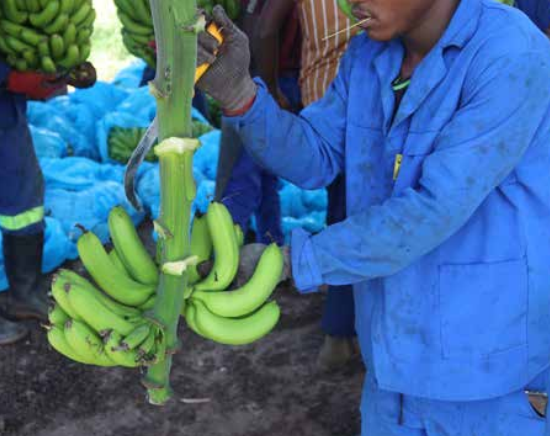
Wonderful Group of Companies has disclosed that it has completed phase one of the construction of the United Capital Fertilizer Manufacturing Plant and is ready to start test operations.
Company Board Member Roy Mwamba said the first phase of production will start next week noting that the company has two production lines and the plant has a capacity of over 300, 000 metric tonnes.
Speaking in an interview with the Zambian Business Times-ZBT, Mwamba noted that the fertilizer plant is one of the few in the world to be completed in six months especially considering the fact that the construction of the plant took place during the rainy season.
He said phase one of the project has been completed and phase two is yet to be completed adding that one of the production lines will be using coal which will be sourced locally as one of the raw materials for the production of fertilizer.
Mwamba had earlier told ZBT that the US$300 million local fertilizer plant will cut the importation of fertilizer for Zambia by about 60% and reduce the cost of fertilizer by about 40% due to use of local raw materials and economies of scale.
He said once the plant is operational, the company would be able to supply 80% of the total percentage of urea demand and 60% of the total percentage of D compound required for the country adding that all the raw materials, which include coal and phosphate, would be acquired locally in Southern Province and the plant will create about 1,100 direct jobs.
The Board Member further stated that 60% of the investment funds are being sourced from financial institutions outside Zambia with 40% being sourced locally, adding that US$ 20 million from the US$ 300 million is working capital for the first two years as per draft cash flows.
Mwamba said the fertilizer manufacturing company would have a production capacity of 135, 000 metric tonnes per annum for fertilizer and 80,000 metric tonnes per annum for ammonia bicarbonate.
He said the company would have a robust and state of the art integrated cross-circuit production process such that there will be no emission of either smoke or gasses and the smoke will be converted into a gas by-product, for which the company already has a captive market.
Mwamba added that the gas produced in the production process and other by-products that come out of the production of ammonia bicarbonate can be used in the production of fire extinguishers and baking powder.
He stated that apart from reducing the prices of fertilizer, the manufacturing plant would also enhance agriculture activities, which is what the country currently needs noting that the company would be producing ammonia that would be supplied to Nitrogen Chemicals of Zambia (NCZ), and these raw materials are currently imported.
Mwamba further said that currently, every fertilizer manufacturing company in Zambia imports raw materials, mostly from South Africa. The new plant would be producing ammonia as a by-product, therefore there will be no need to continue importing from South Africa, thus boosting the production for local companies such as NCZ.







